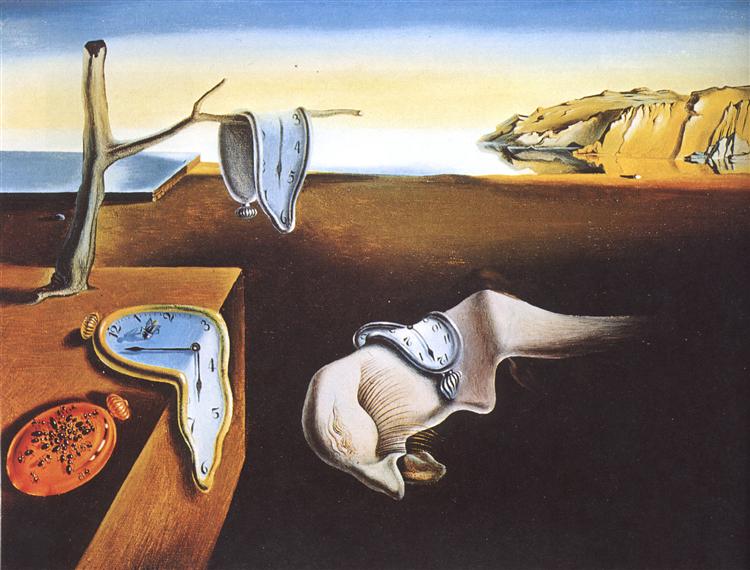Some accounts have President Hoover deporting one million Mexicans during the great depression. That might have followed Mexican nationalization of oil fields with U.S. oil company assets. That is a little like the situation in Iran in the 1950's that led to the coup and restoration of the Shah.
I wasn’t familiar with it. Apparently President Hoover authorized the deportation of Mexicans that were believed to be illegals during the depression. Economic panic stimulated state and local governments to enact an ethnic cleansing policy of Mexican foreign nationals. However a large percentage were birthright U.S. citizens. Fortunately that could not recur because everyone now has good I.D. and on-line birth records.
https://en.wikipedia.org/wiki/Mexican_Repatriation
The issue underscores the need to have secure borders and citizenship accounts so people may know who is and isn’t a U.S. citizen. The spaced out way benefits drug traffickers and Democrats that value corruption as a normal, desirable condition.
The Mexican Government did not declare war on Nazi Germany until very late in the war. * They seemed to be recalcitrant, and might have hoped that a German victory would give them a new deal for retaking land from the United States that formerly belonged to Spain. Clear citizenship would help to disambiguate issues of where people have a lawful right to live, and serve to avoid hurt feelings that can exacerbate international conflict relations.
*A reader had another account of the time of entry of Mexico into the war that is substantially different, and apparently factual. Mexico entered the war in 1942 with a declaration and material and economic aid, though not military participation. The Bracero program supplied labor during the war to the United States. Apparently the course of the war brought U.S. and Mexican policy a little closer together, for during the 1930s Mexico had nationalized oil fields owned by U.S. oil companies, and of course that created a rift.
Mexico provided material and economic assistance, though did not participate militarily until 1944. Mexican President Ávila Camacho felt Mexican military participation could get Mexico a better international political position after the war, so in 1944 he sent Mexicans to pilot combat training in the United States. Mexican Squadron 201 a.k.a. The Aztec Eagles flew 739 missions out of Manila Bay in 1945.
President Camacho also allowed Mexicans to enlist in the U.S. military and appx. 15,000 did. About 1,492 of those were lost in the war.
https://www.history.com/news/mexico-world-war-ii-surprising-involvement
I wasn’t familiar with it. Apparently President Hoover authorized the deportation of Mexicans that were believed to be illegals during the depression. Economic panic stimulated state and local governments to enact an ethnic cleansing policy of Mexican foreign nationals. However a large percentage were birthright U.S. citizens. Fortunately that could not recur because everyone now has good I.D. and on-line birth records.
https://en.wikipedia.org/wiki/Mexican_Repatriation
The issue underscores the need to have secure borders and citizenship accounts so people may know who is and isn’t a U.S. citizen. The spaced out way benefits drug traffickers and Democrats that value corruption as a normal, desirable condition.
The Mexican Government did not declare war on Nazi Germany until very late in the war. * They seemed to be recalcitrant, and might have hoped that a German victory would give them a new deal for retaking land from the United States that formerly belonged to Spain. Clear citizenship would help to disambiguate issues of where people have a lawful right to live, and serve to avoid hurt feelings that can exacerbate international conflict relations.
*A reader had another account of the time of entry of Mexico into the war that is substantially different, and apparently factual. Mexico entered the war in 1942 with a declaration and material and economic aid, though not military participation. The Bracero program supplied labor during the war to the United States. Apparently the course of the war brought U.S. and Mexican policy a little closer together, for during the 1930s Mexico had nationalized oil fields owned by U.S. oil companies, and of course that created a rift.
Mexico provided material and economic assistance, though did not participate militarily until 1944. Mexican President Ávila Camacho felt Mexican military participation could get Mexico a better international political position after the war, so in 1944 he sent Mexicans to pilot combat training in the United States. Mexican Squadron 201 a.k.a. The Aztec Eagles flew 739 missions out of Manila Bay in 1945.
President Camacho also allowed Mexicans to enlist in the U.S. military and appx. 15,000 did. About 1,492 of those were lost in the war.
https://www.history.com/news/mexico-world-war-ii-surprising-involvement
